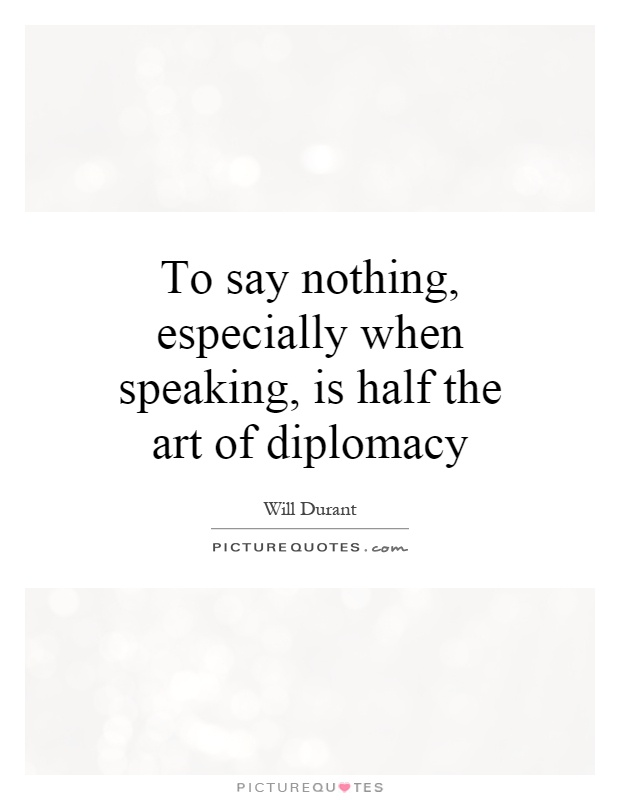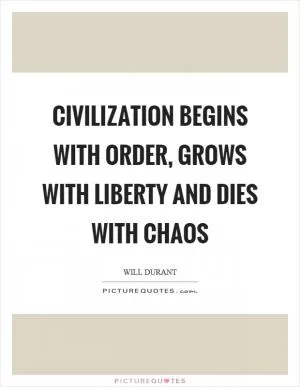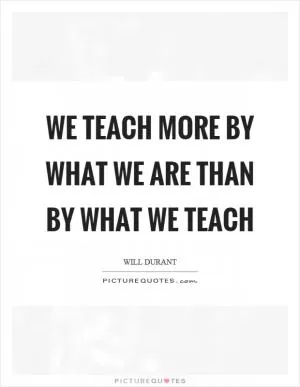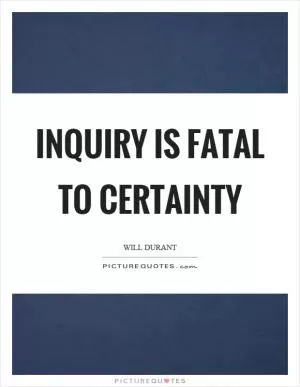To say nothing, especially when speaking, is half the art of diplomacy

To say nothing, especially when speaking, is half the art of diplomacy
Will Durant, a renowned American historian, once said, “To say nothing, especially when speaking, is half the art of diplomacy.” This statement holds true in the world of international relations and politics, where words have the power to shape alliances, broker peace, or incite conflict. Diplomacy is the art of conducting negotiations between nations, and often, silence can be a powerful tool in achieving diplomatic success.In the context of Will Durant’s quote, the ability to remain silent during negotiations can be just as important as knowing what to say. Diplomats must carefully choose their words and actions to avoid causing offense or escalating tensions. Sometimes, saying nothing can be a strategic move to allow the other party to speak first, revealing their intentions or vulnerabilities. By listening more than speaking, diplomats can gather valuable information and insights that can be used to their advantage in negotiations.
Furthermore, silence can be a way to convey strength and confidence in a diplomatic setting. By remaining composed and unflustered, diplomats can project an air of authority and control that can influence the outcome of negotiations. In some cases, silence can be a form of nonverbal communication that conveys a message more effectively than words ever could.
Additionally, silence can be a way to defuse tense situations and prevent misunderstandings. In the heat of negotiations, emotions can run high, and words spoken in haste can have lasting consequences. By choosing to remain silent instead of reacting impulsively, diplomats can give themselves time to think and strategize their next move more effectively.












 Friendship Quotes
Friendship Quotes Love Quotes
Love Quotes Life Quotes
Life Quotes Funny Quotes
Funny Quotes Motivational Quotes
Motivational Quotes Inspirational Quotes
Inspirational Quotes